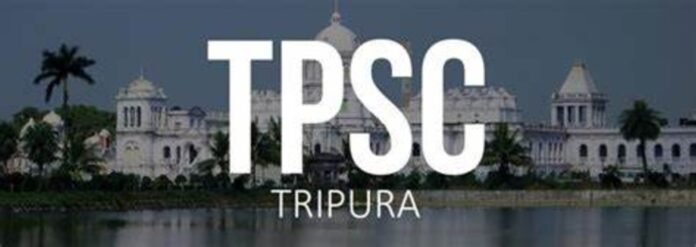The upcoming examination for engineering services vacancies scheduled on July 16 in Tripura is facing uncertainty as unemployed engineers in the state raise their demands for the implementation of the Permanent Resident Tripura Certificate (PRTC) as a mandatory requirement. While the Tripura Public Service Commission (TPSC) Secretary, Dr. TK Debnath, confirmed that the exam will be held as scheduled, there has been no decision communicated to the TPSC regarding the PRTC issue from the state government.
The unemployed engineers, numbering around 10,000 in the state, are urging the government to make PRTC mandatory to restrict non-local candidates from appearing for the exam. They argue that prioritizing local candidates will provide better employment opportunities for the youth of Tripura. However, the TPSC has not taken any decision to cancel the exam, similar to the cancellation of the agriculture recruitment process due to the PRTC controversy.
The unemployed engineers have expressed their desire to meet the Chief Minister and have sought an appointment with the Chief Minister’s office. They also seek time from the Secretary and the engineering chief of the Public Works Department to discuss their concerns. However, no appointments have been granted so far, adding to the frustration of the unemployed engineers.
In a separate development, the state government has made PRTC mandatory for the recruitment process of 5500 Group C and Group D posts through the Joint Recruitment Board, Tripura (JRBT). This decision has created legal complications as the PRTC requirement was not mentioned in the initial advertisement for these posts. The announcement came just a week before the publication of the written examination results, causing challenges in issuing offer letters to successful candidates.
The demand for PRTC implementation and the uncertainty surrounding the engineering services exam reflect the growing concerns and aspirations of unemployed engineers in Tripura. The issue highlights the need for constructive dialogue between the government and the unemployed engineers to address their grievances and find a feasible solution that ensures fair opportunities for local candidates while considering legal implications.
As the situation unfolds, it remains to be seen whether the state government will take a decision on the PRTC issue and how it will impact the engineering services exam. The voices of the unemployed engineers and their demands for employment opportunities within the state will continue to shape the discourse surrounding recruitment processes in Tripura.


